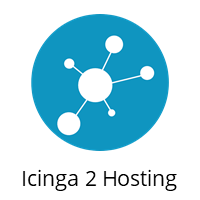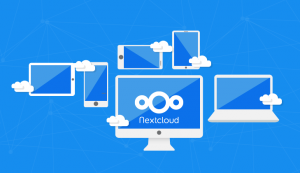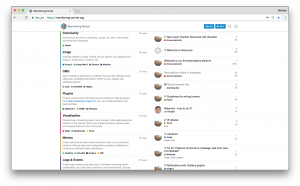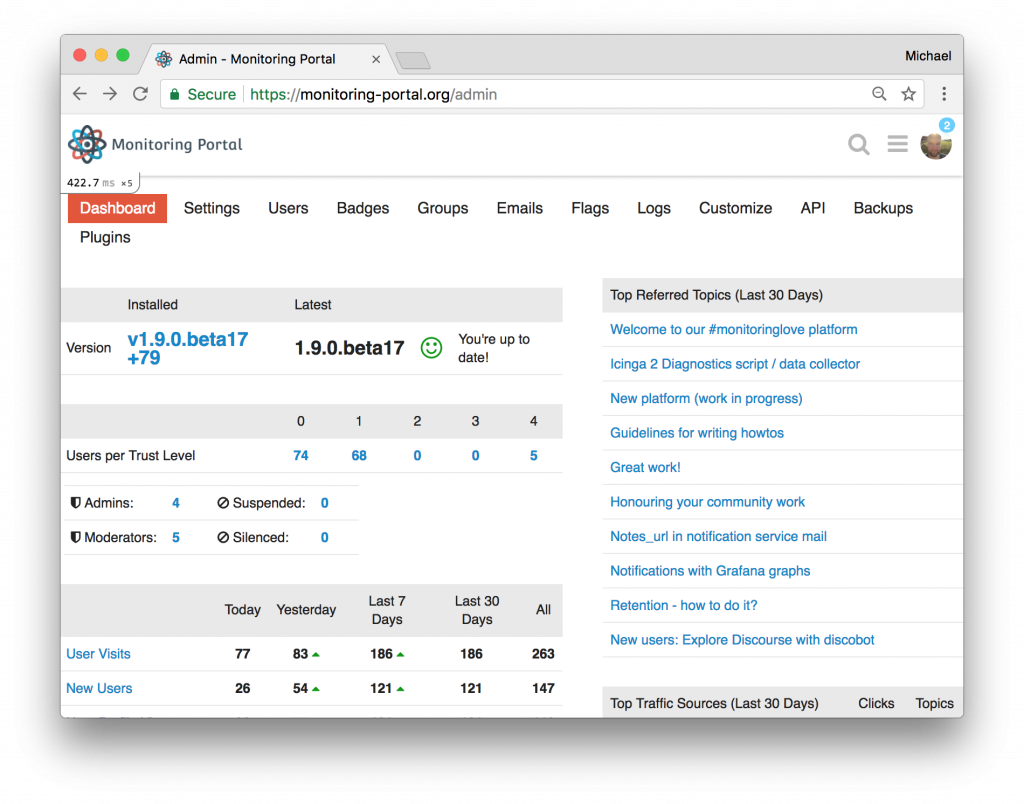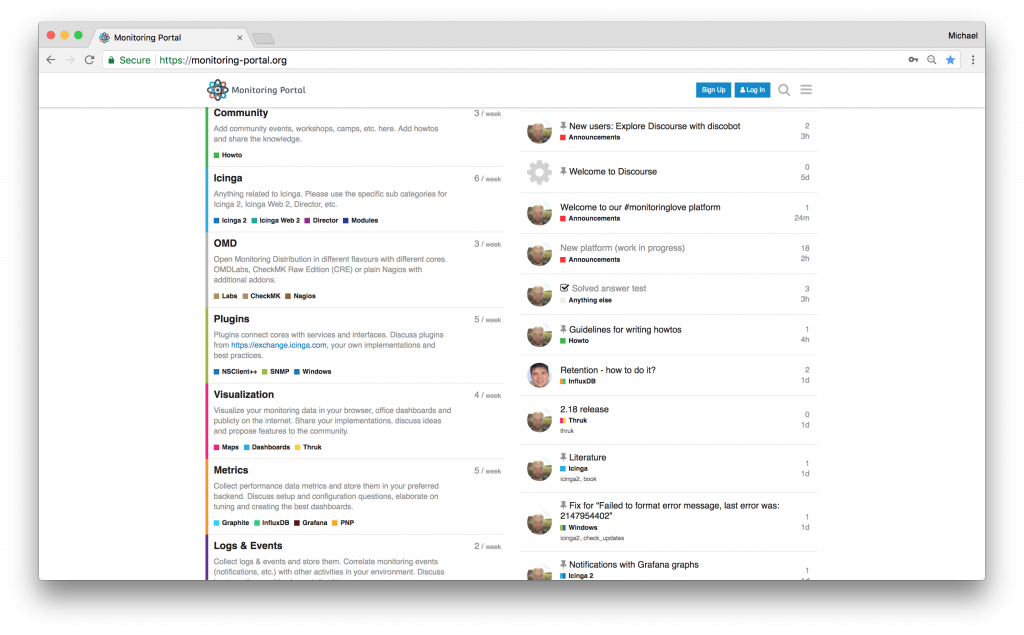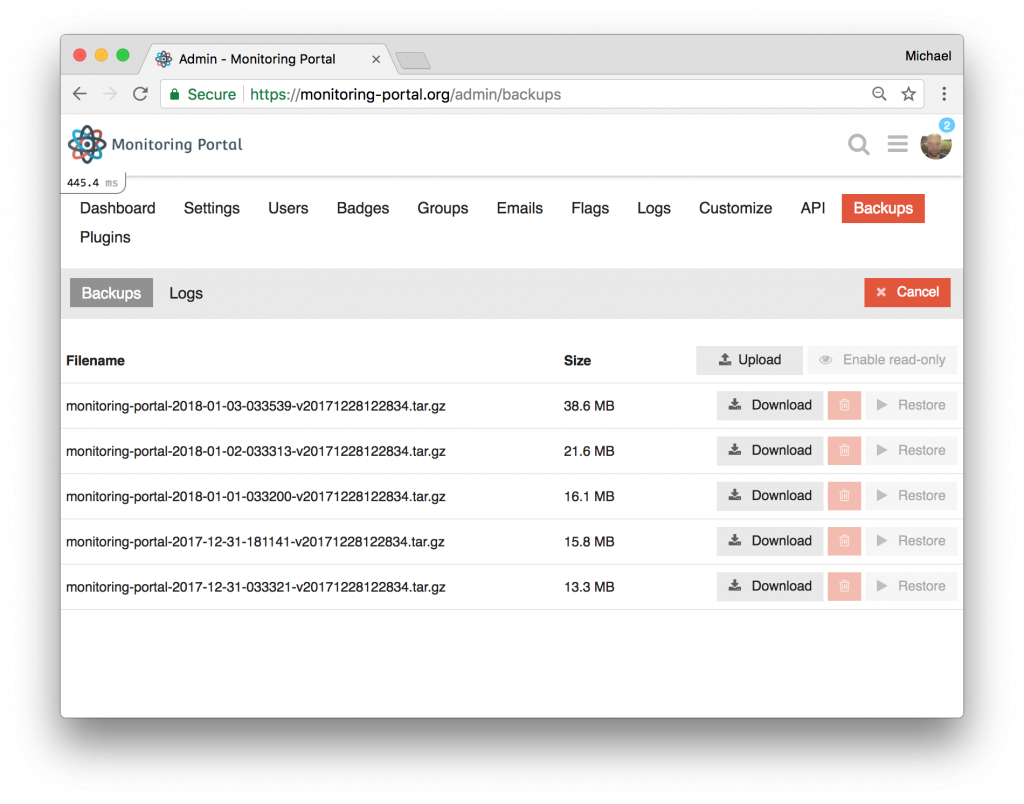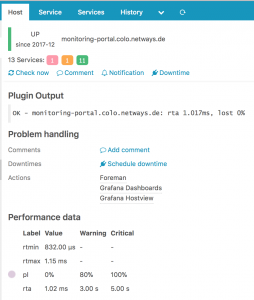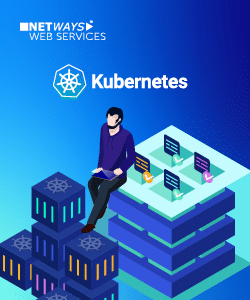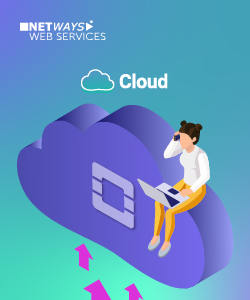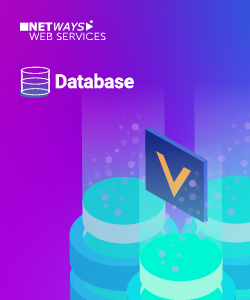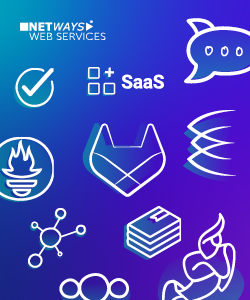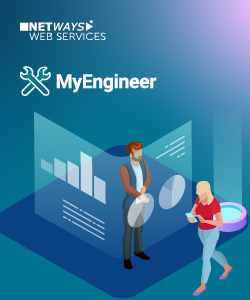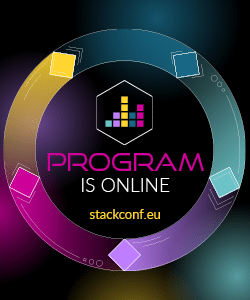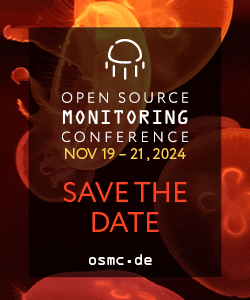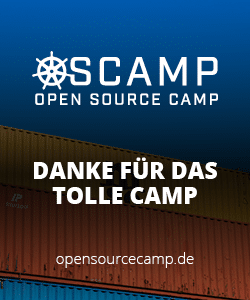Wieder einmal mehr haben wir an unserem Webinar Kalender geschraubt – diesmal möchten wir euch etwas über OpenStack erzählen.
Anbei gibt es hier einmal die aktuelle Webinar Liste im Überblick:
- Icinga 2: Templates und Service-Sets mit dem Icinga Director (10. Oktober um 10:30 Uhr)
- OpenStack: Infrastructure Hosting by NETWAYS (17. Oktober um 10:30 Uhr)
- Icinga 2: Anbinden von externen Satelliten (24. Oktober um 10:30 Uhr)
- Icinga 2: Alarmierung mit NoMa 2 (14. November um 10:30 Uhr)
- Icinga 2: Monitoring für Windows (05. Dezember um 10:30 Uhr)
- Icinga 2: Integration von Rocket.Chat und Request Tracker (12. Dezember um 10:30 Uhr)
Selbstverständlich werden wieder alle Webinare aufgezeichnet und auf unserem YouTube Channel veröffentlicht.
Ich freue mich wie immer auf eine rege Teilnahme und die Webinare!


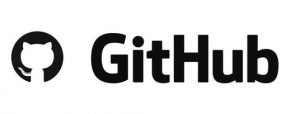 For some time it has become clear that
For some time it has become clear that 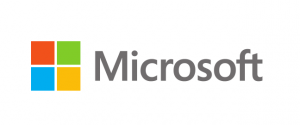
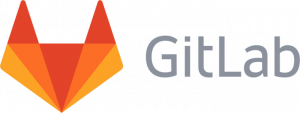 First one is available on our
First one is available on our  ybody who is interested in
ybody who is interested in 